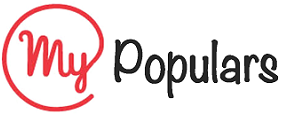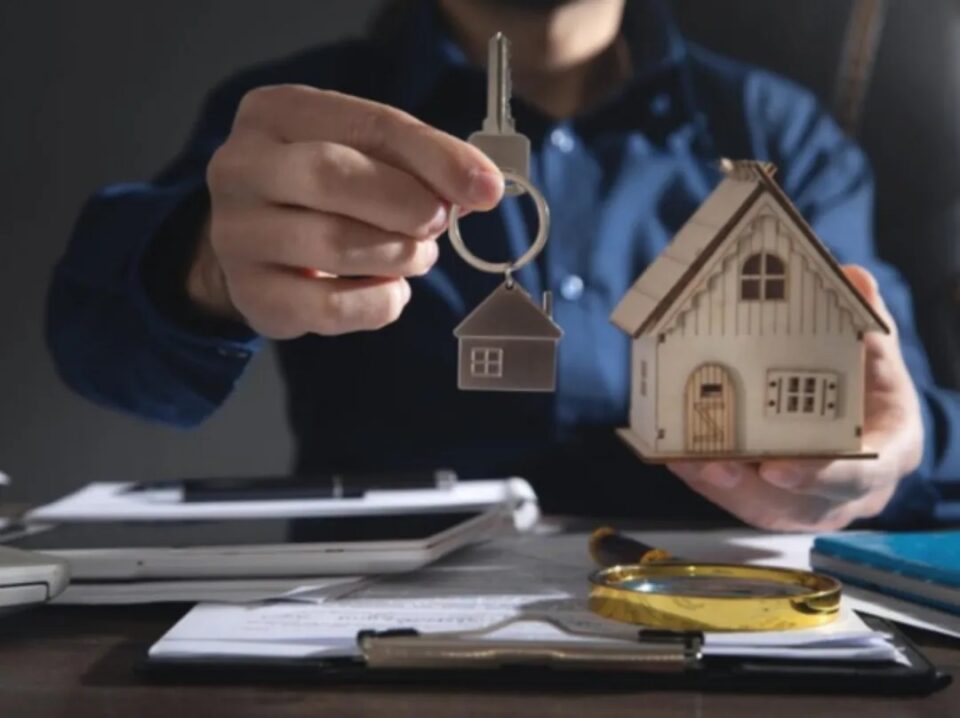Managing single-family rental properties involves juggling multiple responsibilities, from tenant communication and maintenance coordination to financial tracking and legal compliance. For landlords and property managers, optimizing workflow through the use of specialized property management software for single-family homes is essential to maintain efficiency and deliver a positive tenant experience. By leveraging technology designed specifically for single-family homes, property managers can save time, reduce errors, and improve overall operations.
Understanding the Unique Needs of Single-Family Home Management
Single-family properties differ from multi-unit apartments or commercial buildings in several ways. Each property is typically managed as a separate entity, with individual leases, unique maintenance requirements, and distinct financial considerations such as utilities and taxes. This decentralized nature calls for tools that provide granular control and flexibility, enabling landlords to manage each home effectively while maintaining a big-picture view of their portfolio.
Key Features to Enhance Workflow
Centralized Tenant and Lease Management
Effective management begins with organized tenant information and lease documentation. Modern property management tools offer centralized databases where landlords can securely store tenant profiles, lease agreements, renewal dates, and contact history. Having all information in one place streamlines communication and ensures important deadlines are never missed.
Automated Rent Collection and Payment Monitoring
Late rent payments can disrupt cash flow and cause unnecessary stress. Property management software often includes automated rent reminders, online payment options, and real-time payment tracking. These features reduce manual follow-ups and encourage timely payments, simplifying financial management for landlords and tenants alike.
Maintenance Request Handling and Vendor Coordination
Maintenance is a critical part of single-family home management. Property management tools with integrated work order systems allow tenants to submit maintenance requests directly through the platform. Landlords can then track the progress, assign vendors, and keep a history of repairs. This level of organization reduces response times, enhances tenant satisfaction, and helps in budgeting for future maintenance.
Financial Reporting and Expense Tracking
Keeping accurate financial records is essential for profitability and tax compliance. Property management software tailored to single-family homes provides detailed financial reports, expense tracking, and income statements per property. This transparency helps landlords monitor each home’s performance and make informed decisions.
Communication and Document Management
Clear communication fosters strong landlord-tenant relationships. Tools that offer integrated messaging systems simplify sending notices, payment reminders, or updates. Additionally, document management features allow for the secure storage of leases, inspection reports, and legal notices, all accessible digitally to reduce paperwork and improve accessibility.
Mobile Accessibility for On-the-Go Management
Landlords and property managers often need to manage tasks remotely or during site visits. Cloud-based property management platforms with mobile apps provide real-time access to property information, tenant communication, and financial data. This flexibility enables quicker responses and better oversight.
Benefits of Optimizing Workflow with Property Management Tools
By adopting the right technology, landlords managing single-family homes can experience several benefits:
Increased Efficiency: Automation reduces time spent on routine tasks.
Improved Accuracy: Centralized data minimizes errors and missed deadlines.
Enhanced Tenant Satisfaction: Faster communication and maintenance improve tenant experience.
Better Financial Control: Real-time tracking aids in budgeting and profitability.
Scalability: Tools can grow with your portfolio without disrupting operations.
Conclusion
Optimizing workflow through dedicated property management tools is a strategic move for landlords and managers of single-family homes. The right software not only simplifies complex tasks but also enhances professionalism and tenant relations. Investing time in selecting and utilizing these tools effectively can lead to smoother operations, higher tenant retention, and improved returns on investment. In a competitive rental market, leveraging technology is key to staying ahead and managing properties with confidence.

